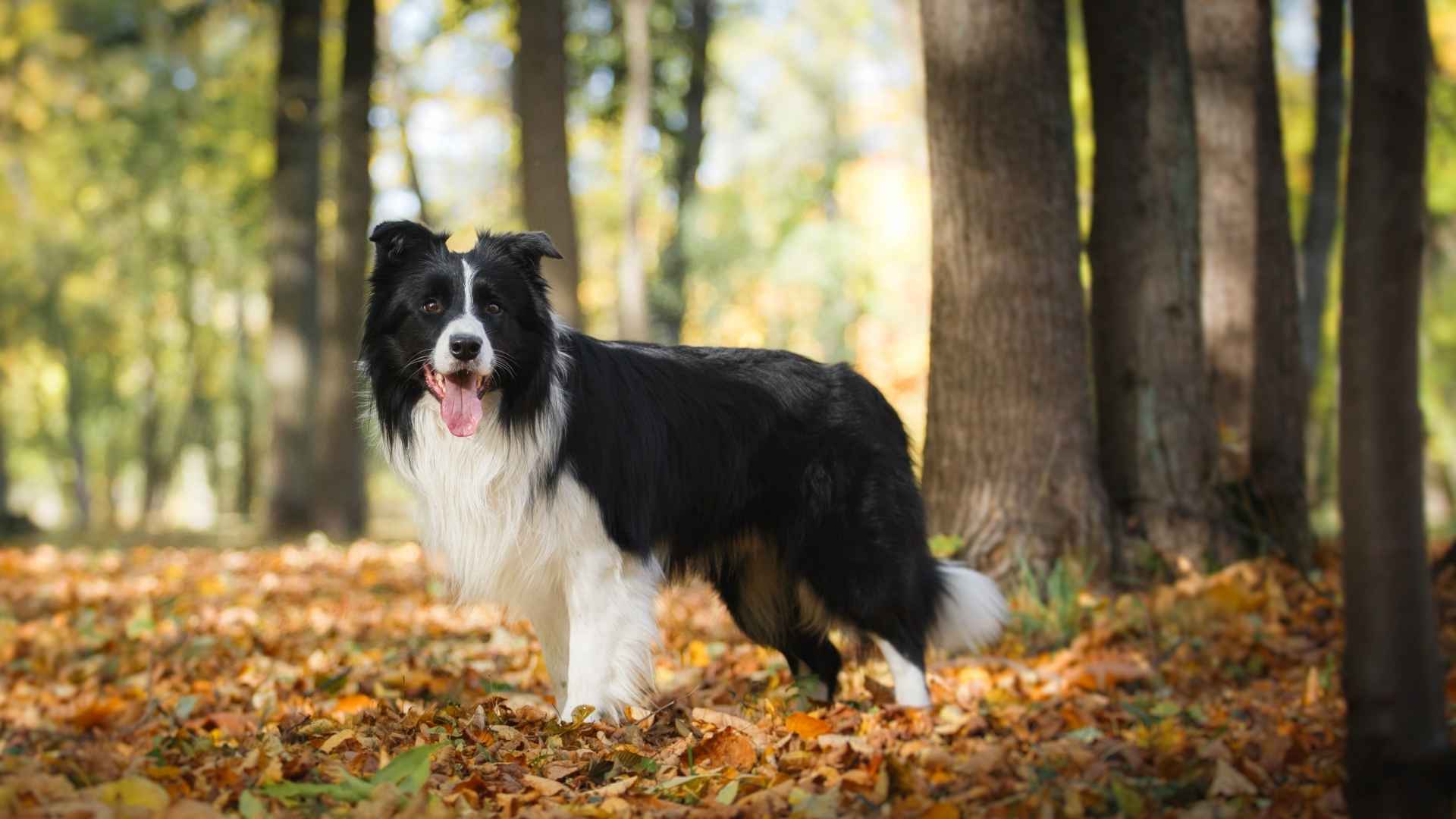Some dogs can solve problems as fast as you can. A few can do it faster. Intelligence in certain breeds is so developed that it rivals human reasoning on a basic level.
These dogs can learn dozens of commands in days, remember them months later, and even apply them in new situations without guidance. They can notice patterns in your behavior, predict your actions, and adapt their own accordingly.
Owners of these breeds often say that training feels more like negotiation than instruction. These dogs need engagement, challenges, and tasks that keep their minds active. Without it, they will create their own games, and those games are not always what you would expect.
If you want to meet the breeds that can truly match wits with people, the ones who could keep pace with your most intelligent friends, the next section reveals which dogs stand out in this category.
Top Dog Breeds That’ll Challenge Your Smartest Friend
1. Golden Retriever
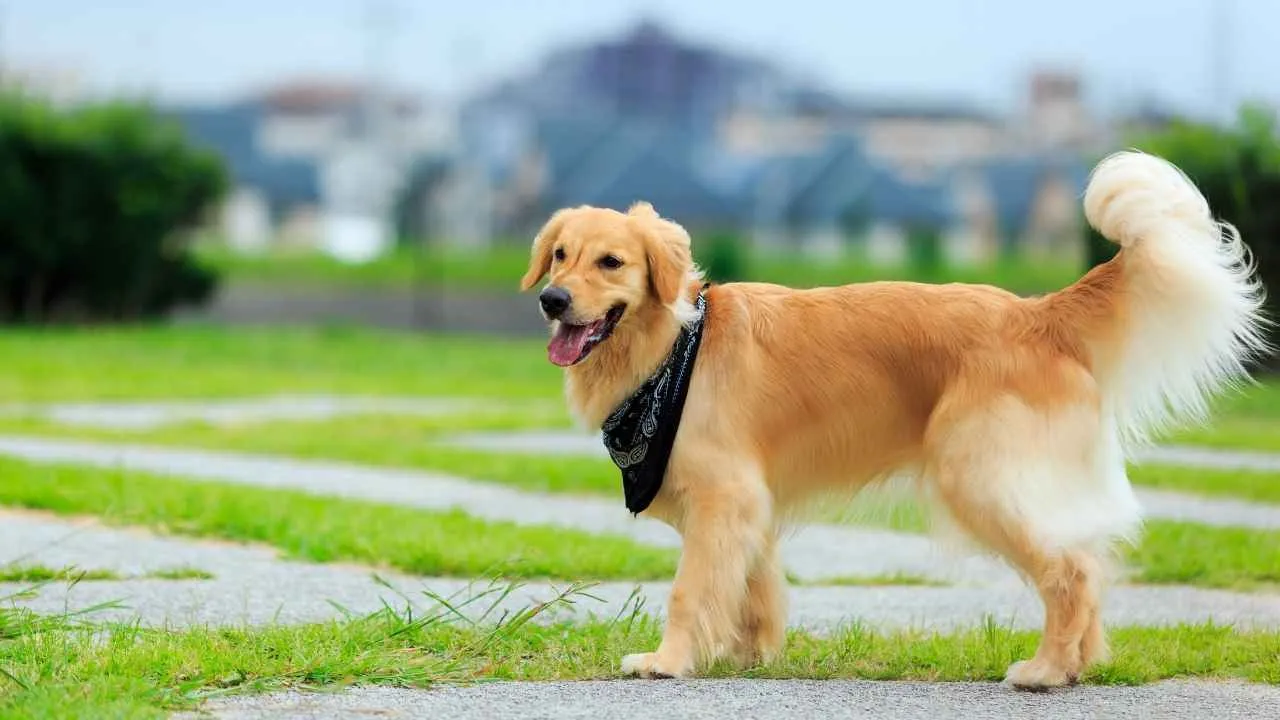
Golden Retrievers excel in processing complex tasks quickly, often learning multi-step commands with minimal repetition. Their high retention allows them to adapt when given new variations of a familiar task. This cognitive flexibility puts them among the smartest dog breeds for practical training.
Reading Human Cues
They are exceptionally skilled at interpreting body language and tone of voice, often anticipating a command before it’s spoken. This sensitivity makes them effective partners in environments where silent signals are critical. It’s also why they transition smoothly into advanced assistance roles.

Versatility in Activities
Golden Retrievers dominate in competitive obedience and thrive in dog sports that demand both speed and strategy, as per the AKC. Their enthusiasm for new challenges keeps them engaged in agility courses, field trials, and retrieval events. The balance of energy and focus is a defining trait.
Memory and Task Retention
Once a Golden Retriever masters a command, they can recall it even after long breaks in training. This long-term memory makes them valuable in roles that require seasonal work or varied routines. Their ability to combine past learning with new situations is a rare advantage.
2. Australian Cattle Dog
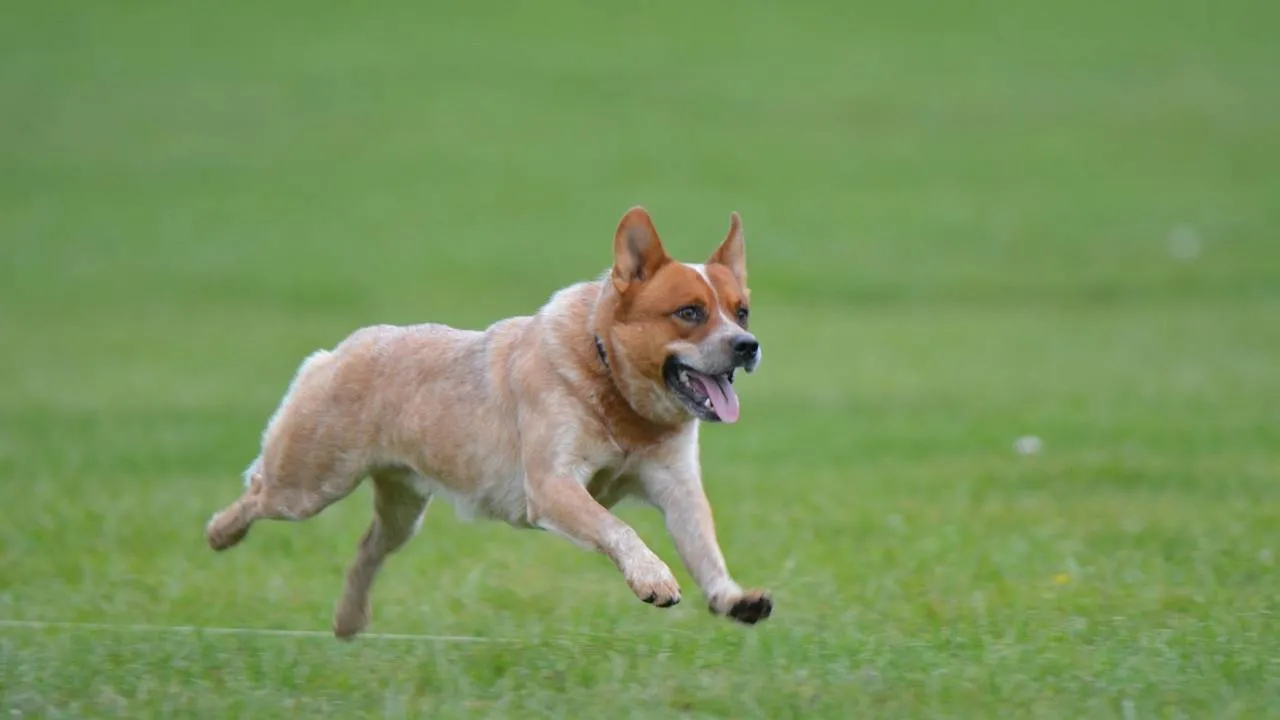
Their capacity to recall commands, routes, and past challenges after just a few repetitions sets Australian Cattle Dogs apart in problem-solving tasks. This strong memory allows them to adapt strategies on the spot, a skill invaluable in demanding working or training environments.
Stamina and Work Ethic
As an active dog, this breed is capable of sustained focus for hours, whether herding or completing structured challenges. Their combination of speed and precision makes them excellent candidates for advanced agility and obedience trials. Controlled intensity is a defining quality.
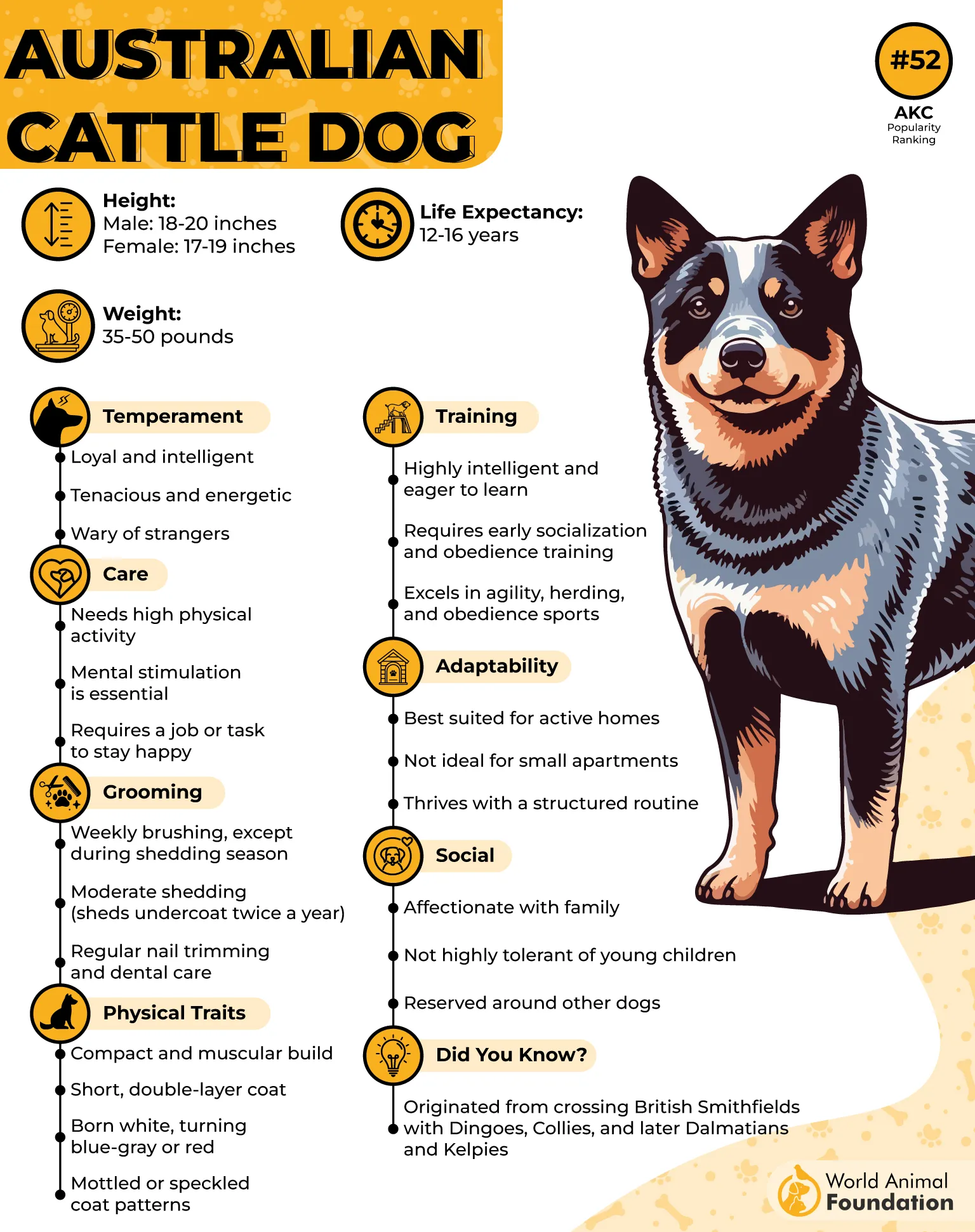
Social Awareness
While naturally protective, Australian Cattle Dogs can integrate well with other dogs when trained from an early age, as mentioned in WebMD. They use quick reading of body language to navigate group settings, which supports both cooperative work and safe social interaction.
Family Compatibility
Despite their working nature, many thrive in home environments as good family dogs when given clear structure and mental outlets. Their intelligence means they often anticipate routines, helping them adapt quickly to varied household dynamics.
3. Shetland Sheepdog
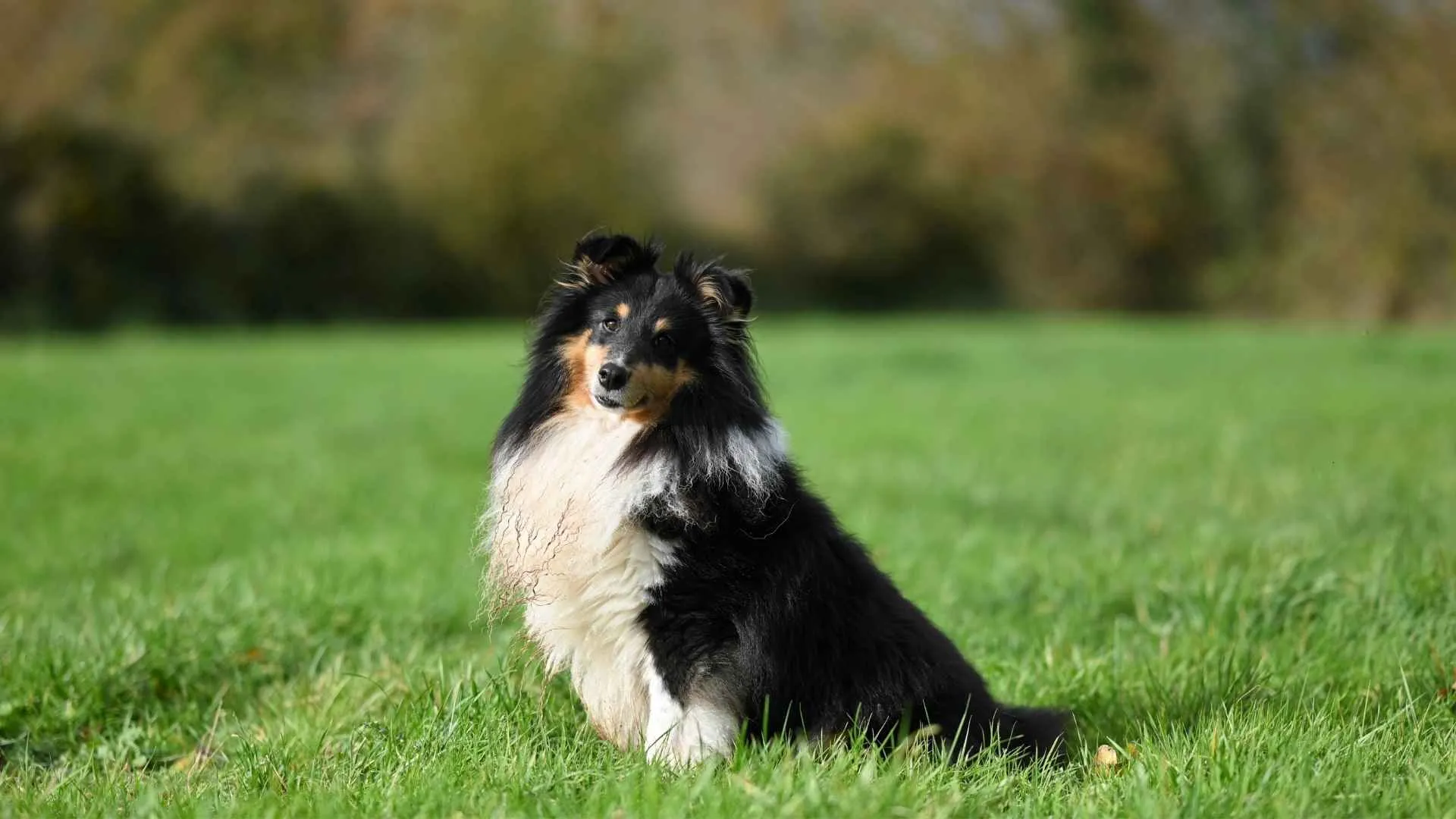
Highly responsive to structured learning, the Shetland Sheepdog can master intricate commands with minimal correction. Their quick comprehension has made them a consistent top performer in advanced obedience trials. Such mental sharpness appeals to dog owners who enjoy complex training.
Reading the Environment
This breed is exceptionally aware of movement, even from a distance, making it an effective herder and quick problem solver. In agility courses, they can adjust mid-run without losing pace. That same situational awareness translates well into everyday tasks beyond competition.
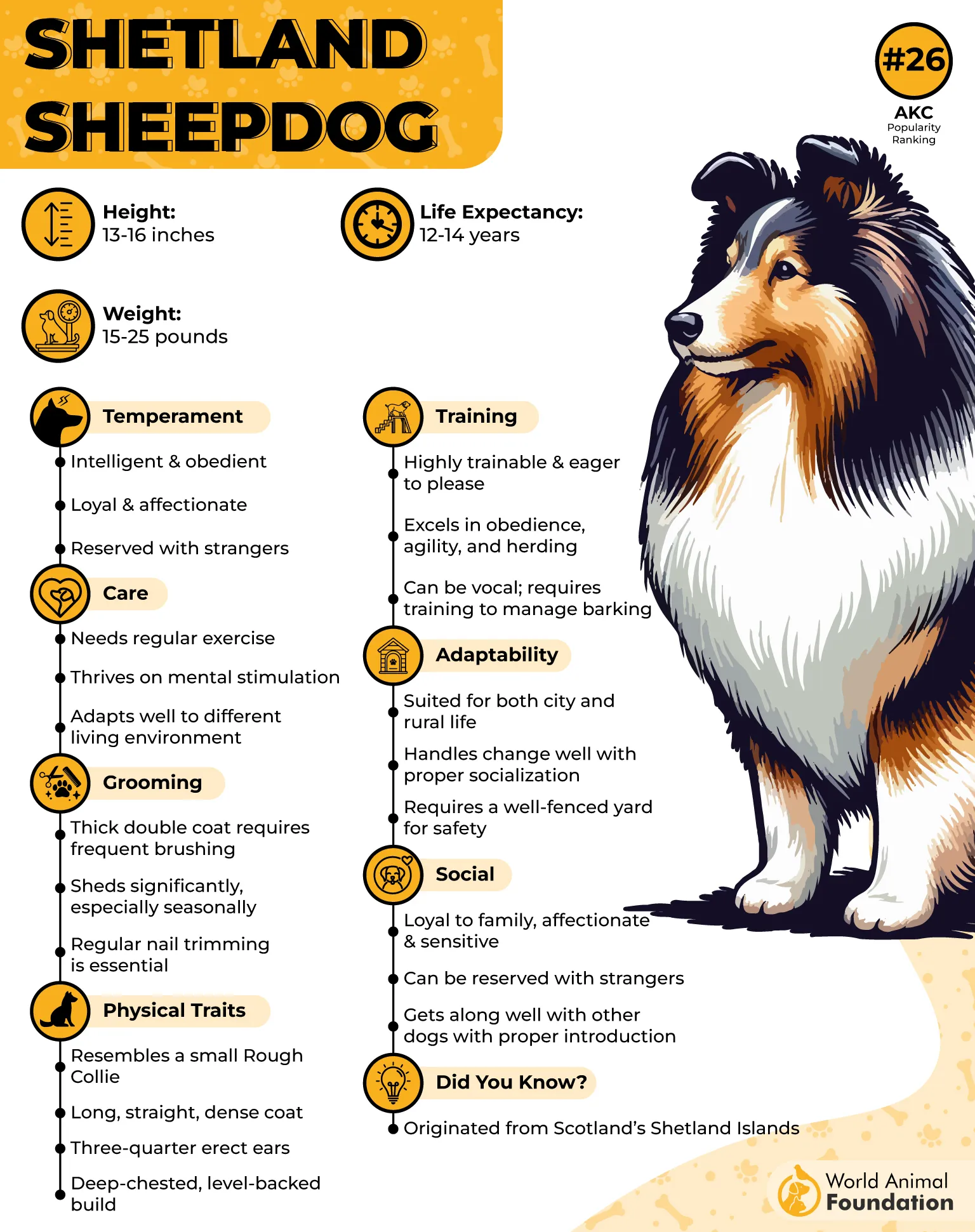
Social Intelligence
The Sheltie thrives when mentally engaged and benefits from regular exposure to varied surroundings like the dog park. These environments give them the chance to process new challenges, read canine body language, and refine adaptive thinking in real time.
Memory and Pattern Recognition
Once a Sheltie learns a sequence, it retains the pattern with remarkable accuracy. They can anticipate upcoming steps based on minimal cues, a skill that blends instinct with practiced memory. For a furry friend of their size, this level of precision is rare.
4. Miniature Schnauzer
The Miniature Schnauzer approaches challenges with a persistence that keeps them engaged until they succeed. This determination translates into an impressive capacity for solving puzzles and handling multi-step tasks. It’s a trait that keeps them competitive in mental skill tests against most humans.
Quick Learner in Training
These intelligent dogs can pick up patterns rapidly and link them to different outcomes. Trainers often note how they adapt when a challenge becomes more difficult. Their responsiveness allows for progressive learning without losing interest.
Versatility in Mental Tasks
Miniature Schnauzers are capable of learning complex tricks that involve multiple sequential actions. This makes them stand out in interactive games, agility setups, and puzzle-based activities. Their enthusiasm for mastering new challenges ensures ongoing mental stimulation.
Confident and Curious Nature
Ranked among the popular dog breeds for both companionship and performance, the Miniature Schnauzer thrives when given variety in tasks. Its bold curiosity drives it to explore solutions beyond basic obedience. This tendency makes it a consistent competitor in skill-based activities.
5. Papillon
Papillons are known for their rapid learning curve, often mastering complex tricks in fewer repetitions than many breeds. Their sharp memory allows them to adapt commands into variations, keeping them mentally stimulated in advanced obedience routines.
Social Adaptability
A well-behaved Papillon interacts comfortably in varied environments, from busy public spaces to quiet households. They read human energy quickly, making them responsive to subtle cues during training or social encounters. This sensitivity helps them excel in competitive obedience rings.
Alert and Perceptive
Despite being classed among little dogs, Papillons have a strong awareness of changes in their surroundings. They will investigate unusual noises or movements, showing the same curiosity during puzzle-based play. This constant alertness keeps their mind active and engaged.
Compatibility with Families
Papillons can be a lively yet gentle choice for homes with small children when supervised appropriately. Their eagerness to participate in games and learn new activities builds bonds with all family members. This mix of energy and focus keeps them involved without becoming overwhelming.
6. German Shepherd
German Shepherds are prized for their ability to analyze situations quickly and respond with precision. They can shift from observation to action seamlessly when a problem requires immediate attention. This mental sharpness keeps them adaptable across diverse working roles.
Drive and Endurance
Known for their high energy levels, German Shepherds maintain focus even in long and demanding training sessions. They combine speed with physical control, allowing them to excel in advanced tracking, search operations, and competitive obedience.
Learning Agility
These dogs are fast learners, capable of picking up complex routines with fewer repetitions than most breeds. They thrive when challenged with new tasks that require both reasoning and skill. This ability to absorb and apply training makes them reliable partners in precision-based work.
Engagement and Focus
German Shepherds respond best when mental engagement is paired with physical stimulation. Spending time in structured activities builds their decision-making confidence and reduces behavioral issues. Their consistency in performance is why they remain a top choice for specialized roles.
7. German Shorthaired Pointer
The German Shorthaired Pointer processes new commands quickly, often grasping complex cues after just a few repetitions. Their trainability extends beyond fieldwork, showing adaptability in competitive obedience. This ability makes them excel in mentally demanding challenges.
Natural Tracking Instinct
They possess one of the most refined scenting abilities among sporting breeds, capable of following trails across varied terrain. This skill demands concentration and problem-solving, especially in field trials. Even in a home environment, they often create mental games for themselves.
Energy for Challenging Tasks
With an active lifestyle built into their nature, these dogs require both physical exertion and mental stimulation daily. Long hikes, retrieval drills, and scent work sessions are all activities where they thrive. Without such outlets, they can become restless and under-stimulated.
Intelligence from an Early Stage
From a young age, the breed demonstrates quick decision-making and independent problem-solving. This early mental development makes them one of the more challenging pets for first-time owners. They respond best to consistent, engaging work that channels their drive.
8. Rottweiler
Rottweilers are built with muscular strength and natural confidence, which makes them effective in tasks requiring quick decisions. Their ability to maintain focus during high-pressure situations is one reason they excel in protection roles. This steady temperament allows them to act with precision rather than panic.
Physical Capability in Demanding Roles
Weighing up to 135 pounds with a balanced frame, the breed can physically deter larger animals when necessary. Their endurance and boundless energy make them capable of working long hours without losing effectiveness. Proper conditioning brings out their full potential in challenging environments.
Protective Instincts and Awareness
This breed monitors its surroundings closely and reacts quickly when assessing potential threats. They can be reserved around unfamiliar people, which adds to their role as a dependable guardian. Their ability to combine watchfulness with physical readiness is valued in security work.
Determination in Work and Training
Rottweilers carry a strong work ethic, consistently following through with tasks once they’ve been assigned. They respond well to structured guidance, using both mental and physical skills to complete complex jobs. This reliability has kept them in service roles for generations.
9. Border Collie
Border Collies are widely recognized as the most intelligent dog breed, capable of learning hundreds of verbal cues and visual signals. Their ability to interpret complex instructions has been documented in working environments and competitive trials.
Exceptional Herding Control
As a herding dog, the Border Collie uses eye contact, movement, and positional changes to influence and guide livestock. This method is not instinct alone but a learned skill honed through generations of selective breeding. Their herding style is still used on working farms worldwide.
Problem-Solving Instincts
This breed’s high canine intelligence enables it to solve environmental puzzles, such as opening gates or navigating complex terrain to reach livestock. The same adaptability is why they excel in canine sports that require split-second decisions. Their alertness is sustained for long working hours.
Performance Above Many
Border Collies often outperform other breeds in obedience and agility rankings, maintaining focus under distractions, as the AKC highlighted. Their mental stamina keeps them engaged through repetitive but mentally demanding tasks. This consistency is valued both in rural work and advanced competition.
Conclusion
The breeds here represent more than quick learning. They have instincts, awareness, and adaptability that keep them sharp in any setting. From competitive sports to daily routines, they show why they are counted among the smartest dogs.
Many also prove themselves as friendly dogs, building strong connections with people of all ages. In the right home, they bring balance between energy and focus.
Some even begin new lives as rescue dogs, carrying the same intelligence into fresh opportunities. For those ready to match their pace, these breeds turn shared time into constant discovery.


